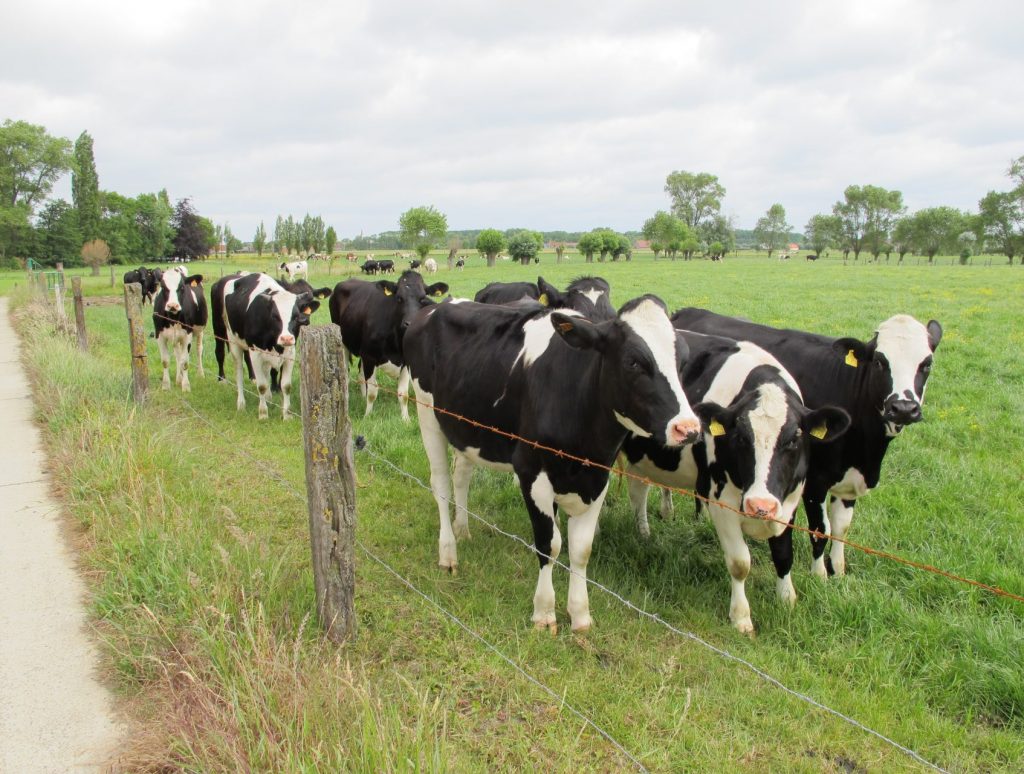Scientists at the University will participate in new research aimed at identifying a way for farmers to combat a parasite that can cause stunted growth and early mortality in dairy cattle.
The animal disease Cryptosporidiosis – which can also pose a threat to human health – occurs when young cattle get infected by parasites and can spread quickly across herds.
Now a team at the University’s School of Biosciences, working with other universities and organisations across Europe, including the National Farmers’ Union in the UK, will lead a three-part study, known as H4DC, that has been awarded €3.7 million in European funding.
Researchers will work with the NFU and other local and European farming organisations to gauge the full extent of the problem and identify its economic impact on the dairy cattle industry. Pilot farms will also be established with a target of halving the number of contaminated cattle through the use of a new detection kit being developed at Kent as part of the project.
The School of Engineering and Digital Arts will receive approximately €1.37 million of the total grant from the EU’s Interreg-2-seas fund.

